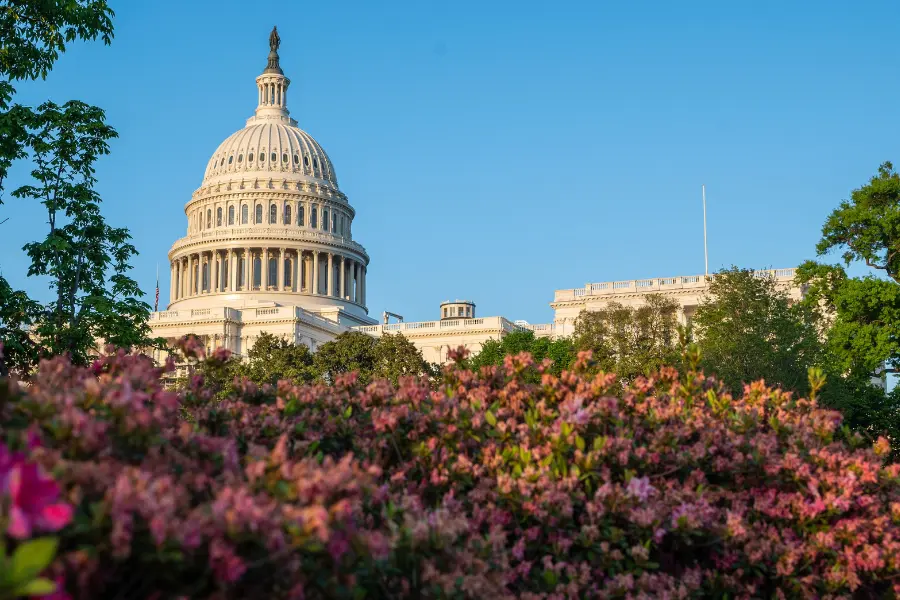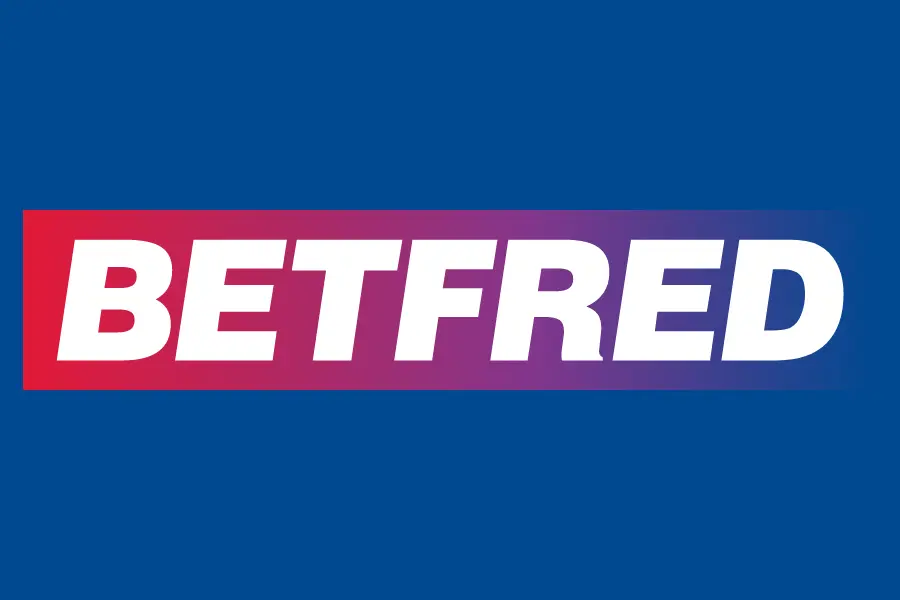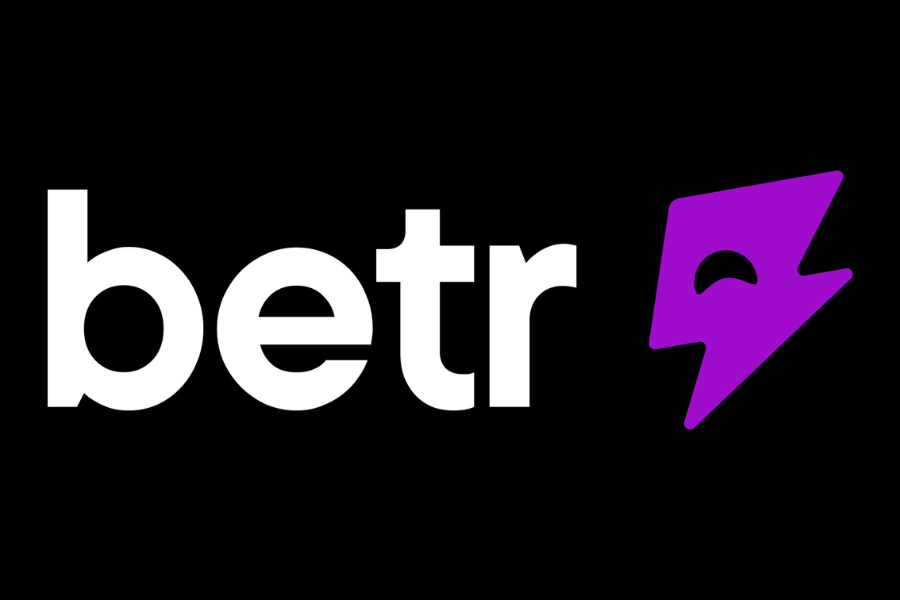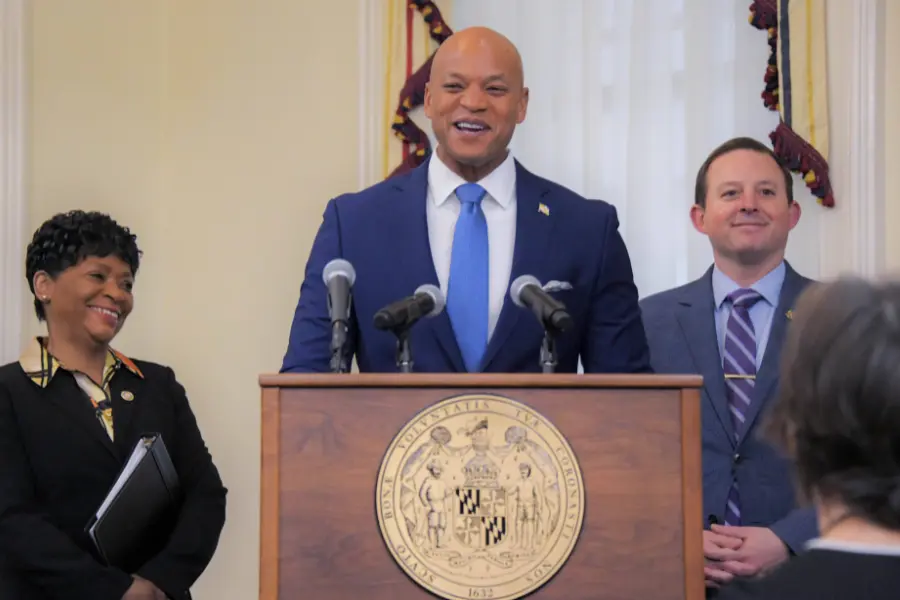While Marylanders have long held a passion for sports, the path to legal sports betting has been filled with twists and turns. From the early days of underground bookmaking to the modern era of digital platforms and regulated markets, the landscape has transformed significantly.
Legal history of sports betting in Maryland
The journey toward legalization has seen its fair share of setbacks and delays, punctuated by moments of optimism and anticipation. As other states embraced sports betting, Maryland found itself at a crossroads, grappling with the economic potential and social implications of embracing this burgeoning industry.
Now, against the backdrop of changing attitudes and a shifting legal landscape, Maryland continues its grapple to further regulate and commission sports betting, in hopes of finding a balance that will promote healthy and responsible gaming.
The state’s legislators initially legalized sports betting back in November 2020. A little over a year after that, Maryland’s first retail sportsbooks opened in December 2021. The state also voted to legitimize online sports betting in 2021, and online sportsbooks and apps started operations in Maryland in November 2022.
Many would believe that allowing both in-person and online betting would be the end of the battle, but that’s far from the case. Once sports betting is introduced to a state, the heavy lifting then begins, as legislators and sportsbooks have to work constantly to ensure that their operations are legitimate, and further regulation from the governing bodies is often necessary.
Maryland continues to update gambling regulations
Recently, Maryland voted to prohibit prop bets on college players, in an effort to prevent illegal tipping and rigging from unpaid athletes. While that can be viewed as another restriction on the sports betting industry, the state has shown that its willing to progress further with gambling as well.
On March 16, 2024, the Maryland House of Representatives passed House Bill 1319: a new measure that would bring online casino gaming to the state. It passed the House in a 92-43 vote, and the bill will now face scrutiny from the state Senate. Maryland Senators will have until April 8th to amend and pass the measure.
HB1319 has a tough road ahead of it, though. The measure has plenty of opponents, including some of the state’s brick-and-mortar casinos that have levied concerns that online gaming would hurt their business and the shops surrounding their locations. Other challengers have brought up that introducing online casinos in Maryland could only worsen gambling addiction in the state.
If the bill were to pass through the Senate, it would still have an uphill climb before becoming law. Once passed by the Senate, the bill would need a voter referendum and appear on the November ballot for voters to decide. The earliest Maryland could see iGaming come to their state is 2025.




